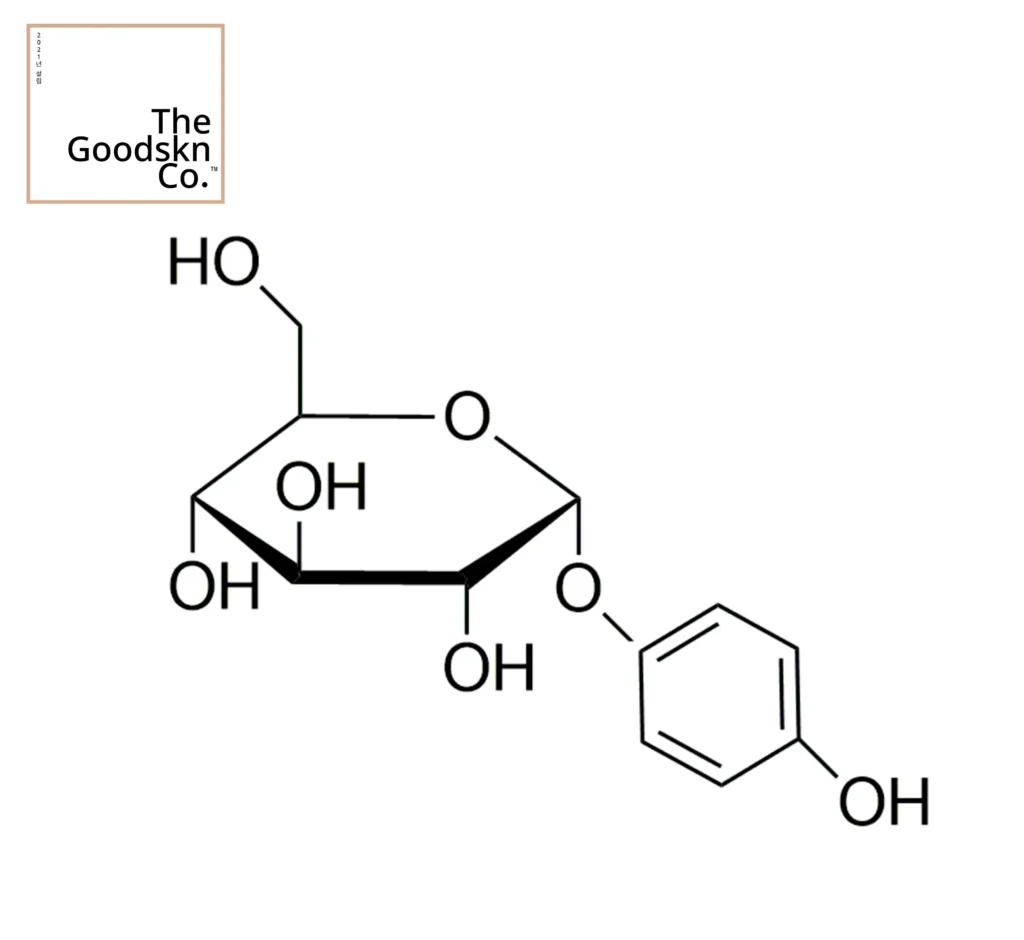No products in the cart.
blog
Arbutin vs Hydroquinone. Why We Love the Former.
Arbutin and hydroquinone are both commonly used in skincare products to lighten dark spots and hyperpigmentation. However, there are several advantages of using arbutin over hydroquinone.
One of the main advantages of arbutin over hydroquinone is that it is considered to be a safer and more gentle ingredient. Hydroquinone has been known to cause skin irritation and allergic reactions in some people, and long-term use can lead to a condition called ochronosis, where the skin becomes dark and thick. Arbutin, on the other hand, is a natural ingredient derived from the bearberry plant and is considered to be much gentler on the skin.
Arbutin is also considered to be more effective than hydroquinone when it comes to lightening dark spots and hyperpigmentation. It works by inhibiting the production of melanin, which is the pigment that gives color to the skin. Arbutin has been found to be as effective as hydroquinone in lightening dark spots and hyperpigmentation, but with less potential side effects.
Another advantage of arbutin over hydroquinone is that it is more stable and less likely to degrade when exposed to light and air. Hydroquinone is known to be sensitive to light and air, which can cause it to break down and lose its effectiveness. Arbutin, on the other hand, is more stable and can maintain its effectiveness over time.
Arbutin is also a more versatile ingredient than hydroquinone. It can be used in a wide range of skincare products, including serums, moisturizers, and sunscreens, while hydroquinone is mostly used in spot treatment products.
In conclusion, arbutin is a natural and gentle ingredient that is an effective alternative to hydroquinone for lightening dark spots and hyperpigmentation. It has less potential side effects, is more stable and versatile in product form, making it a preferred choice for skincare products.

